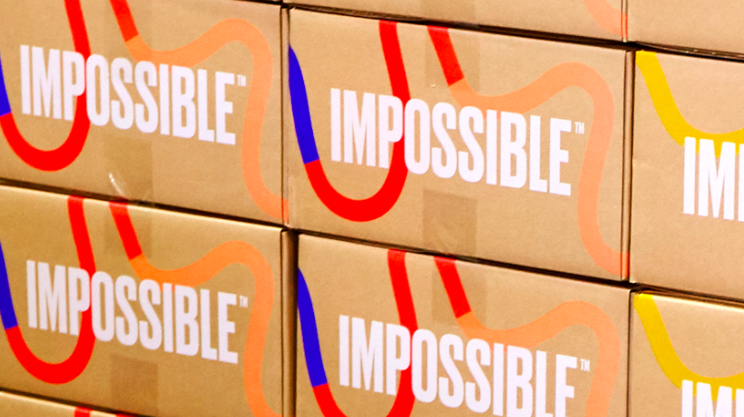
By Alexandra Patel and Monica Medina
The California based company, Impossible Foods, is on a mission to create tasty alternatives for all animal-based food by 2035 and so are several others — all in the name of feeding the growing population across that globe that relies on fish as its main source of protein. Following the success of the meatless burger, The New York Times reports that Impossible Foods is now branching into the creation of ‘fishless’ fish — they are experimenting with techniques such as using plant-based recipes and ingredients as well as employing laboratory techniques to “grow” fish from cells. For Impossible Foods, much of the focus is trained on recreating the ‘fish flavor’ using biochemistry and the same protein ‘heme’ that was used for the meatless burger.
Why This Matters: The capture, production, and distribution of animal-based foods have a huge, negative impact on the environment, whether it is through carbon emissions or overfishing. According to Bruce Friedrich form the Good Food Institute, “The commercial fishing industry is stripping oceans and destroying aquatic ecosystems in a way that makes the plundering of the Amazon rain forest seem like small potatoes.” Impossible Food and other alternative food brands, such as Good Catch Tuna and Beyond Meat, are attempting to reconfigure the food industry towards more sustainable and eco-friendly goals. Their success, however, is dependent on whether individuals will recognize the severity of our situation and be willing to try alternatives. But it has worked for meat, so here’s hoping people don’t find fishless fish too fishy.
Environmental Impact of Animal-Based Foods.
- Total emissions from global livestock are 7.1 gigatons of CO2 equivalents per year, representing 14.5 percent of all greenhouse gas emissions.
- Livestock is the single largest human-caused source of non-CO2 greenhouse gases, producing 44% and 53% of methane and nitrous oxide emissions.
- About 44 percent of livestock emissions are in the form of methane.
- Over the course of a few decades, rampant fishing activities have led to 90 percent of fish stocks being either fully fished or overfished.
- Meanwhile billions of people rely on seafood as their main source of protein.
Meatless Means Business: Impossible Food’s meatless burger made a big splash in the food market. Its usage of the protein heme, which the company produces itself from yeast fermentation, makes the ‘meatlessness’ of the burger almost impossible to taste.
- The success of this protein-based meat has made Impossible Foods into a $2 billion valued company and has enabled the product to break into other global food brands, such as the Impossible Whopper now sold in Burger Kind and Qdoba’s announced offering of Impossible meat.
- Impossible Foods is now looking to expand into Asia, whose food market accounts for more than 46 percent of the globe’s meat consumption. In Hong Kong, the average person consumes a daily average of meat equivalent to 2 pieces of 10-oz steak.
Choppy Waters Ahead: Despite the success of the meatless burger, there is speculation over how well other plant-based animal foods will catch on. Much of the attractiveness to consumers regarding Impossible’s meatless meat was the associated health benefits, like reducing one’s chances of cancer or heart disease. The same cannot be said for real fish though, which is healthy in itself. The success of ‘fishless’ fish depends wholly on the environmental consciousness of the consumer and their stance on overfishing.
July 17, 2019 » Impossible Burger, seafood


